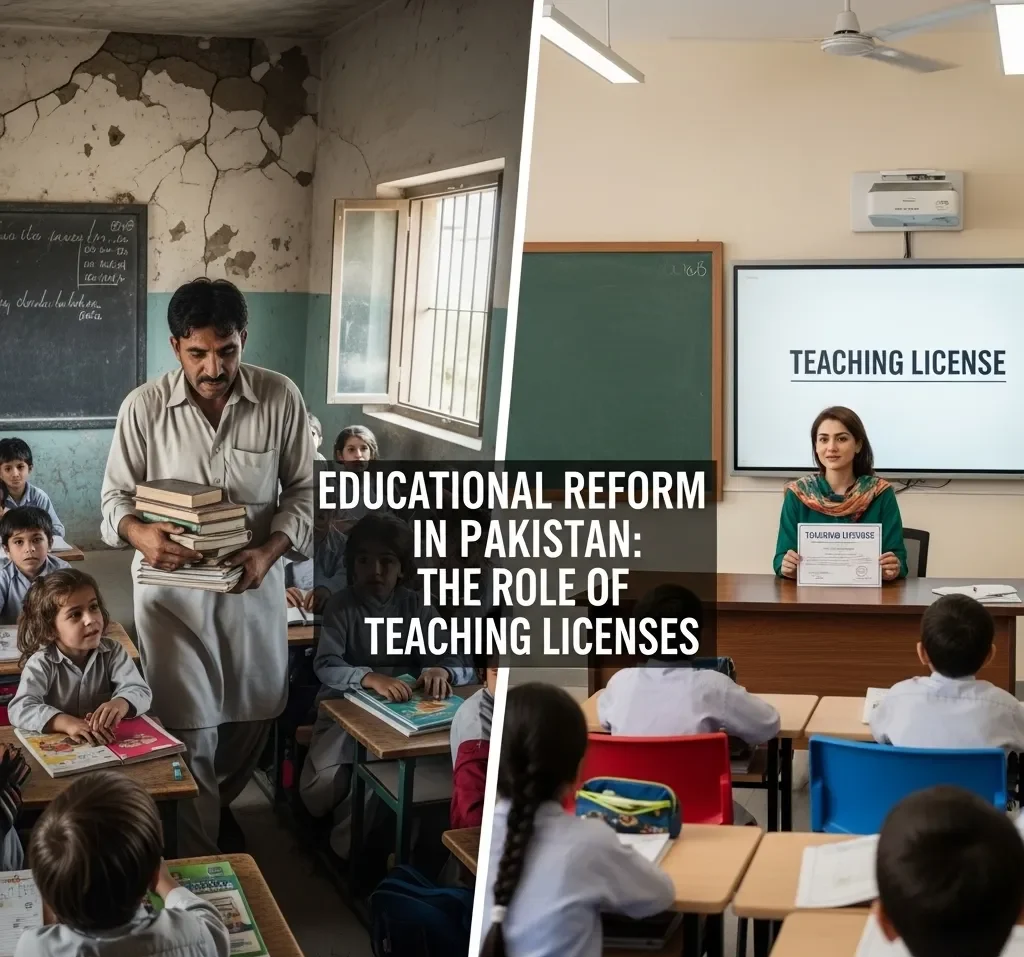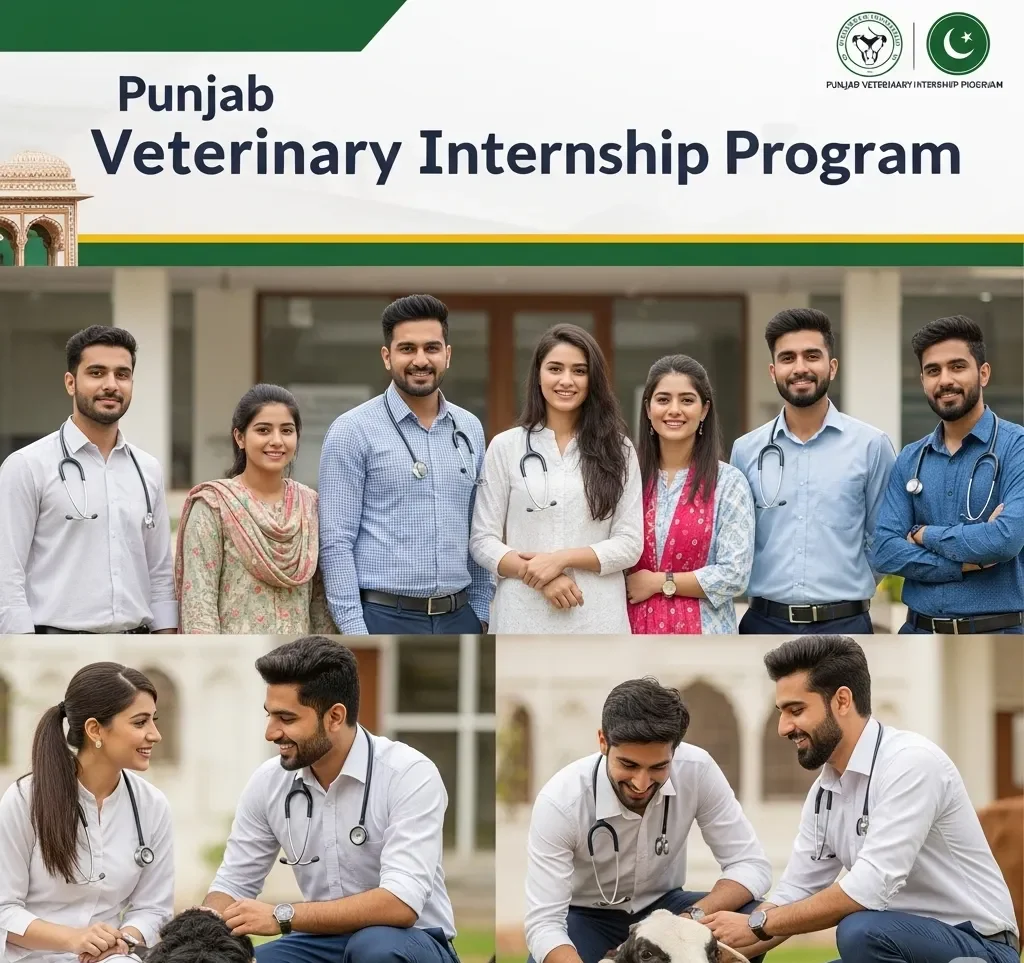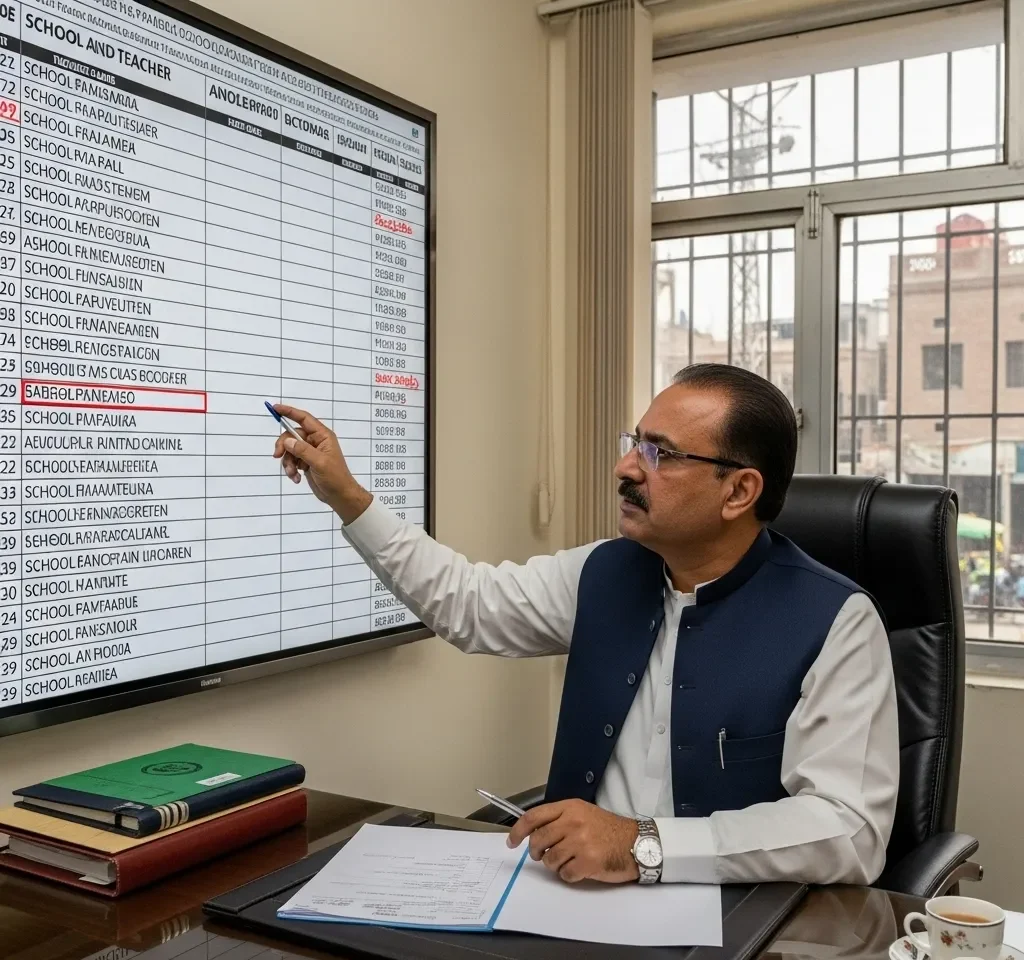Punjab Teaching License System: Learning from Sindh’s Education Reforms
Education is critical for any society on its journey of development and Pakistan is no different. In recent years, provinces have dug in their heels to improve quality, accountability and status within the teaching profession. Somewhat interestingly, a new initiative has surfaced to introduce the Punjab teaching license system based on the pioneering initiative found in Sindh.
A delegation from the Punjab Education Department was in Karachi recently and met with Sindh’s Education Minister, Syed Sardar Ali Shah. Their objective was to understand the teacher licensing model found in Sindh and work out a method to implement it in Punjab.
Why a Teaching License System Matters
The concept of a teaching license system in Punjab aims to normalize a dignity for teachers as a profession similar to medicine and law, where licensed operators can validate their work with formal certified. By giving licenses, the government not only establishes a quality standard, but it also holds teachers’ accountable in their role of developing citizens of the future.
Shakil Ahmed of Punjab’s delegation applauded Sindh for being the first provincial jurisdiction to implement this system, calling it a “landmark step” for teacher dignity and responsibility. He also commented that once the framework is fully matured, licensed teachers could receive national recognition, so that they can work across provincial boundaries.
Sindh’s Experience: A Model for Punjab
Sindh has made a real commitment to licensing teachers and taking steps for implementing education reforms. Our Minister Syed Sardar Ali Shah noted that the remaining difficult challenge is the number of out-of-school children. Sindh has created an unprecedented non-formal education program through public-private partnerships.
This education program has already opened 3,000 learning centers in the province with the hopeful goal of attracting a million children within 30 months. Not only do these efforts improve our teaching profession, but they address a deeper challenge of accessibility.
Punjab hopes to have a similar experience to Sindh, developing a localized but practical form of a teacher licensing model while also ensuring a better outreach to children who are out of education currently.
Coordination Between Punjab and Sindh
At the meeting that the two provinces held, both agreed to a coordination group. This coordination will allow for regular consultations, challenges to be shared, mutual learning, and it indicates a trend towards collaboration in Pakistan’s education instead of working in a silo.
Sardar Shah suggested building stronger ties and fostering collaboration on teacher training, monitoring systems, and student enrollment strategies. The idea is not just to introduce a licensing system, but to create a robust mechanism for long-term education reforms in Pakistan.
The Road Ahead for Punjab
For Punjab, the upcoming teaching license system will be more than just a certification process. It will redefine the teaching profession, offering:
- Professional Recognition – Teachers will be seen as certified professionals.
- Accountability – Licenses will ensure performance monitoring.
- Mobility – Licensed teachers may gain recognition nationwide.
- Quality Education – A better-trained workforce means stronger classrooms.
The Punjab government is now expected to formalize policies, set clear criteria for license issuance, and work on training programs that support this new structure.
Humanizing the Teaching Profession
Teaching is not just an occupation. It is a vocation that builds a nation. The efforts to implement a Punjab teaching license system, therefore, constitutes a human-centered reform. By recognizing teachers professionally, the government of Punjab has created an environment in which teachers can work with dignity and responsibility.
At the conclusion of the meeting in Karachi, representatives exchanged cultural gifts, a gesture of goodwill. More importantly, we had taken a step forward in our province-level collaboration in education.
If successful, Punjab’s implementation of the teacher license policy could provide a national model, so that not only does every child in Pakistan have access to education, they can also be educated by a recognized professional who has made a commitment to their practice.



